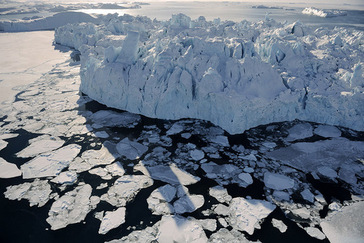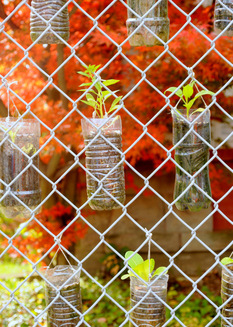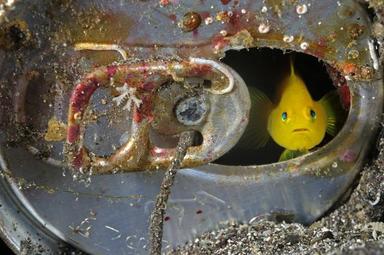
Thomas Doherty will be facilitating a week long training for the Conservation Psychology Institute (CPI) in Pittsburgh, PA.
[fusion_builder_container hundred_percent=”yes” overflow=”visible”][fusion_builder_row][fusion_builder_column type=”1_1″ background_position=”left top” background_color=”” border_size=”” border_color=”” border_style=”solid” spacing=”yes” background_image=”” background_repeat=”no-repeat” padding=”” margin_top=”0px” margin_bottom=”0px” class=”” id=”” animation_type=”” animation_speed=”0.3″ animation_direction=”left” hide_on_mobile=”no” center_content=”no” min_height=”none”]
“Drivers of phenomena such as climate change, loss of species’ habitats, and ocean acidification rarely are the result of malicious intent, but rather the consequence of the lifestyles of billions of humans. Accordingly, conservation must change behavior.”
(CPI faculty member, P. Wesley Schultz, in his article “Conservation Means Behavior” in the journal, Conservation Biology 25: 1080-183, 2011.)
About the Institute (CPI)
[/fusion_builder_column][fusion_builder_column type=”1_1″ background_position=”left top” background_color=”” border_size=”” border_color=”” border_style=”solid” spacing=”yes” background_image=”” background_repeat=”no-repeat” padding=”” margin_top=”0px” margin_bottom=”0px” class=”” id=”” animation_type=”” animation_speed=”0.3″ animation_direction=”left” hide_on_mobile=”no” center_content=”no” min_height=”none”]
Antioch University New England and Phipps Conservatory and Botanical Gardens have joined together to run an intensive 4-day Conservation Psychology Institute (CPI) designed for professionals in museum, zoo, aquarium, botanic garden, nature center, environmental advocacy, media, and other sectors with broad public engagement opportunities to learn from an internationally recognized team of faculty about relevant psychological theories and strategies for changing behavior for environmental and human well-being.The goal of the CPI is to equip participants with knowledge and skills in the fields of conservation psychology, environmental psychology and ecopsychology to effectively bring about environmental behavior change via work in their own institutions and sectors.
This is accomplished through a blend of:
- lecture presentations
- hands-on learning and interactive sessions
- applied and scenario-based activities drawn from faculty and participant experiences
- one on one mentoring with experts
- small and large group dialog, and
- networking with a diverse group of peers and faculty
CPI Participants will learn about
[/fusion_builder_column][fusion_builder_column type=”1_1″ background_position=”left top” background_color=”” border_size=”” border_color=”” border_style=”solid” spacing=”yes” background_image=”” background_repeat=”no-repeat” padding=”” margin_top=”0px” margin_bottom=”0px” class=”” id=”” animation_type=”” animation_speed=”0.3″ animation_direction=”left” hide_on_mobile=”no” center_content=”no” min_height=”none”]
- The social and developmental determinants of environmental worldviews and identity.
- Frameworks to understand common belief systems and environmental value sets of constituents and stakeholders.
- Recognizing and working with cultural, socio-economic and religious/spiritual diversity.
- Effective behavior change, organizational development and social marketing techniques.
- Emotional intelligence (understanding of emotional processes in self and others) applied to conservation settings to improve public speaking, group facilitation, training, leadership and team building, and conflict resolution.
- Research findings on the stress-reducing and other psychological benefits of access to restorative natural settings (wilderness and nearby nature).
- Development of environmental concern and responsible action.
- Role of nature in self-care and insight.
- Tools for self-care, avoiding burnout and maintaining motivation, creativity and resiliency in environmental work.
- Numerous applications for conservation biology; environmental educational programs; zoos, aquariums and museums; climate change mitigation or adaptation programs; sustainable businesses and organizations; and environmental advocacy.
- And more…
[/fusion_builder_column][/fusion_builder_row][/fusion_builder_container]
